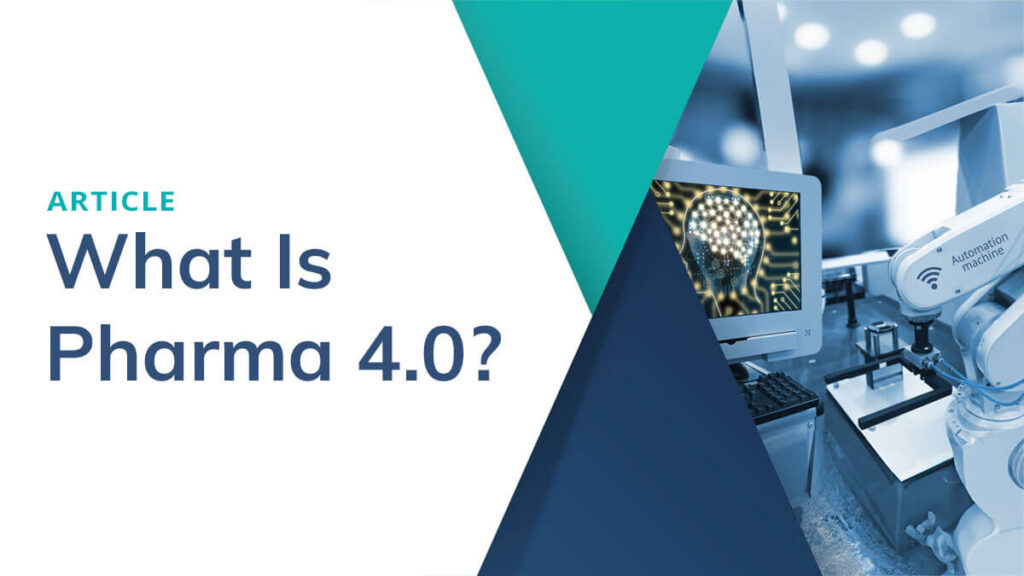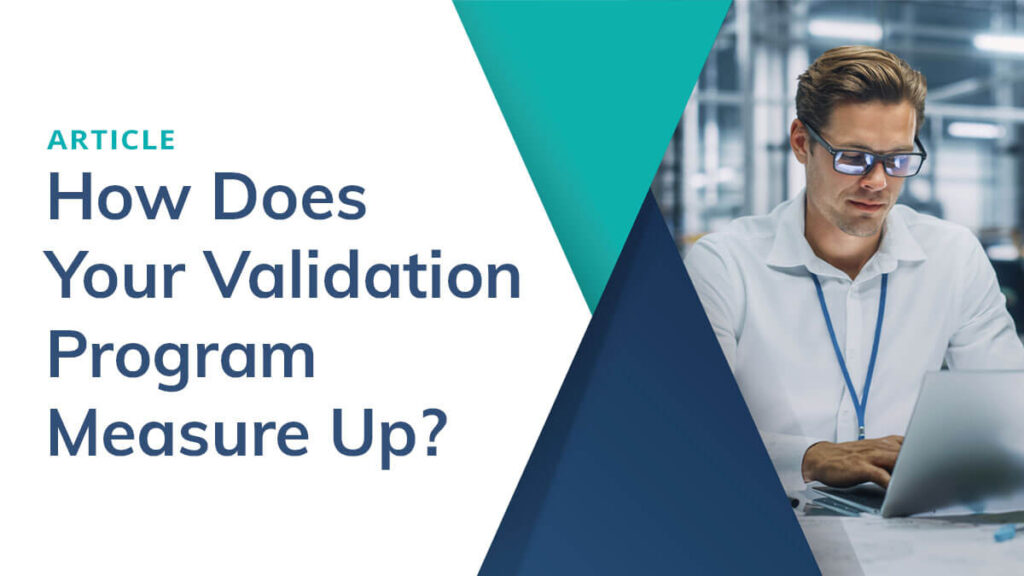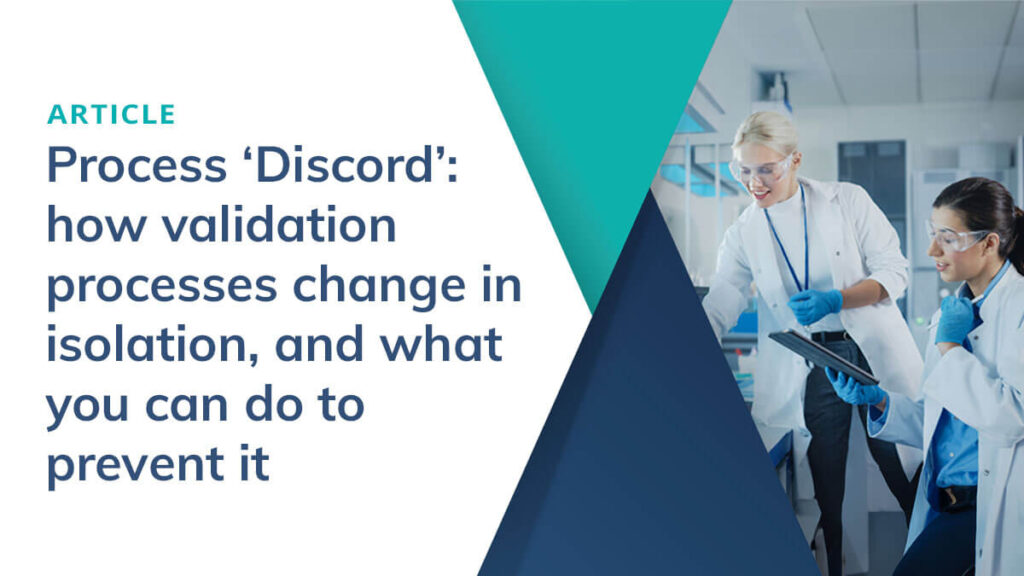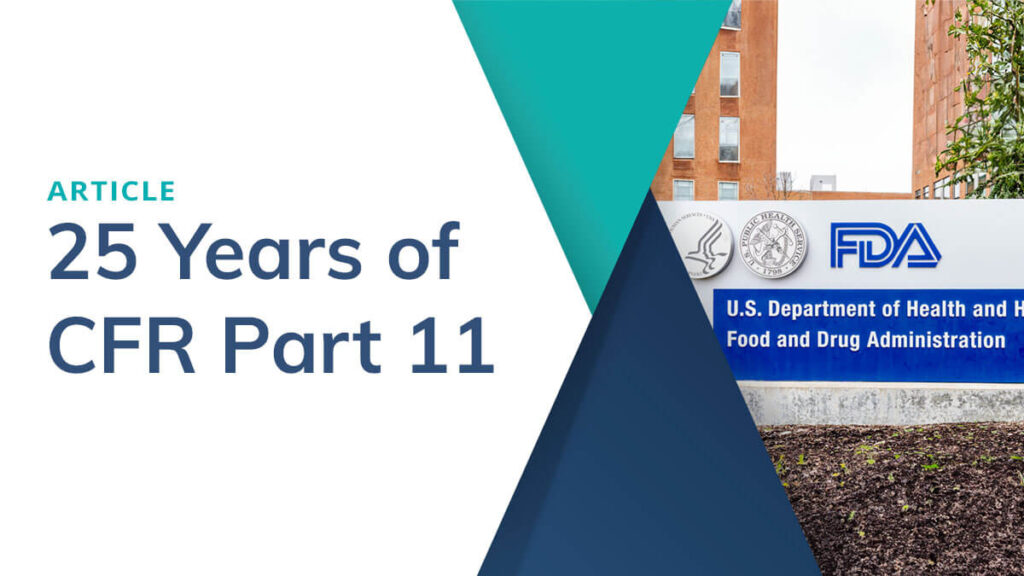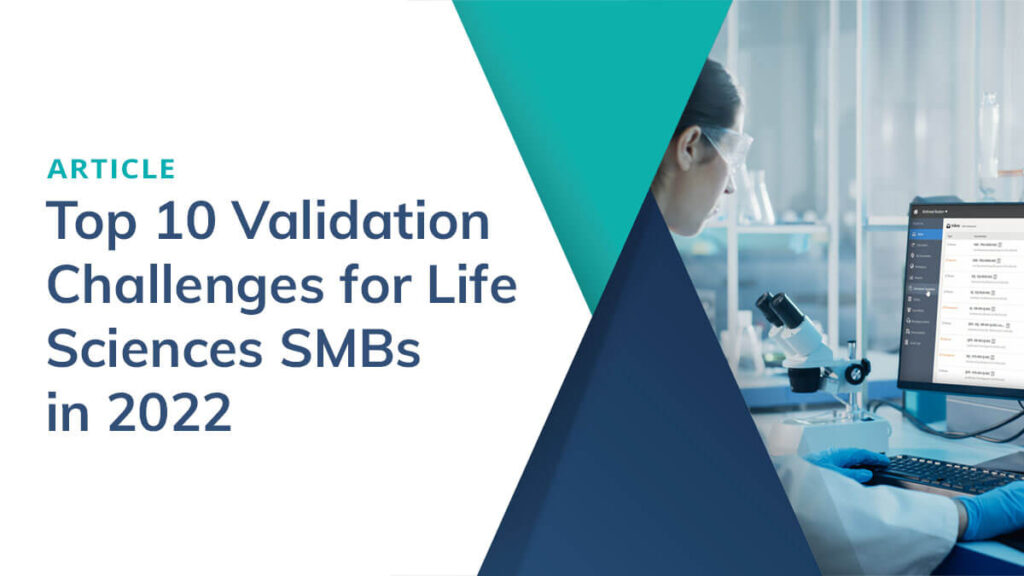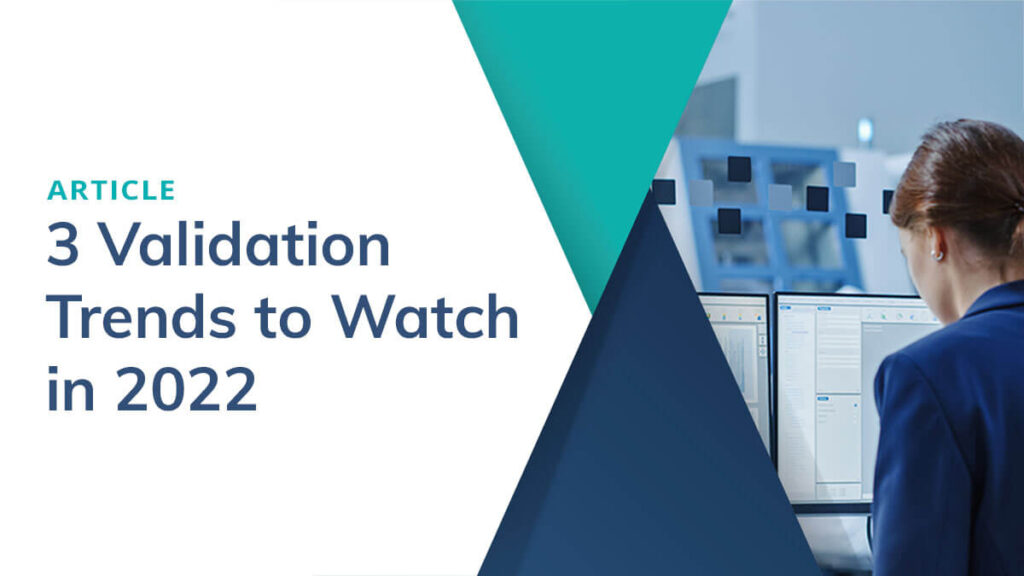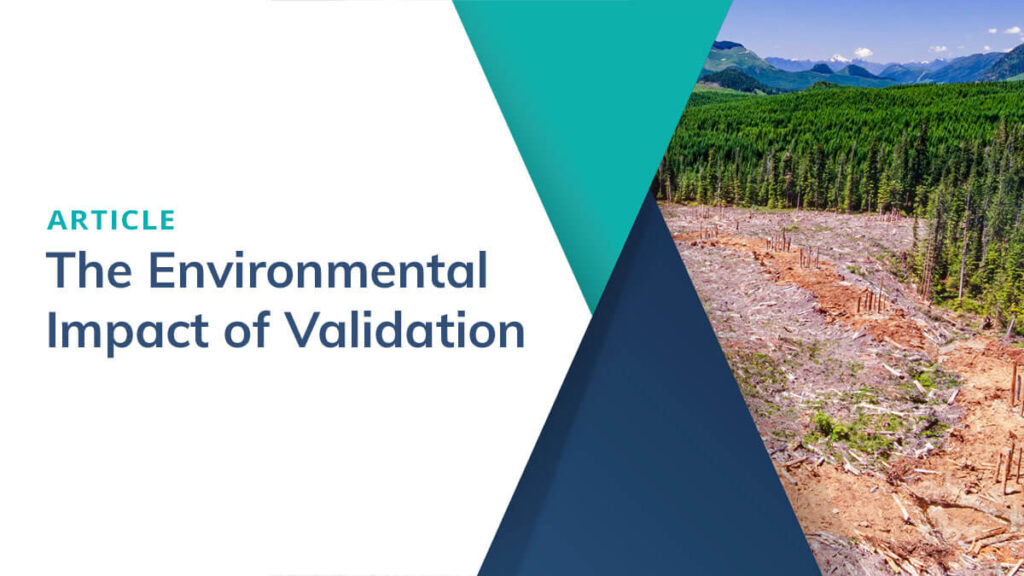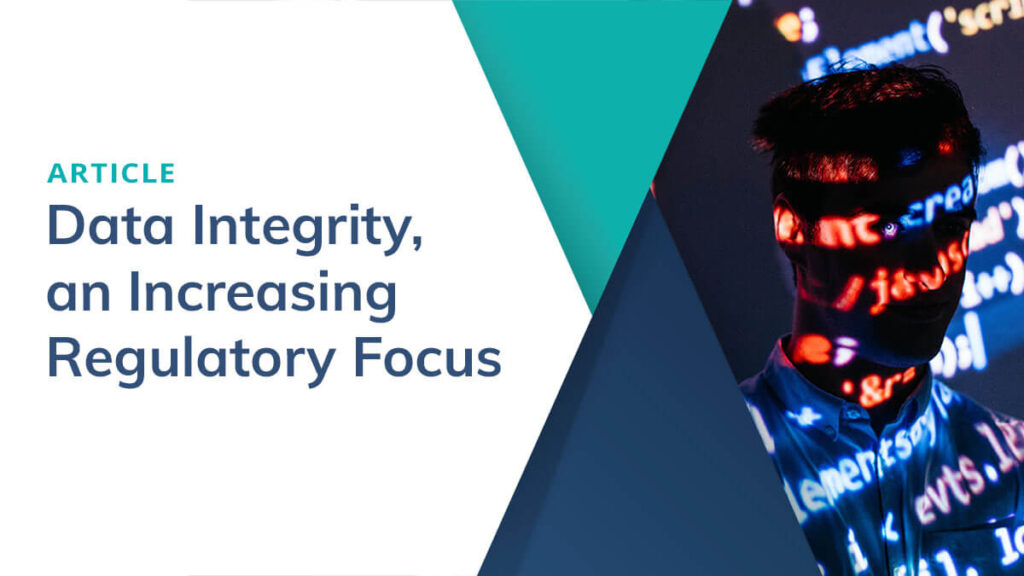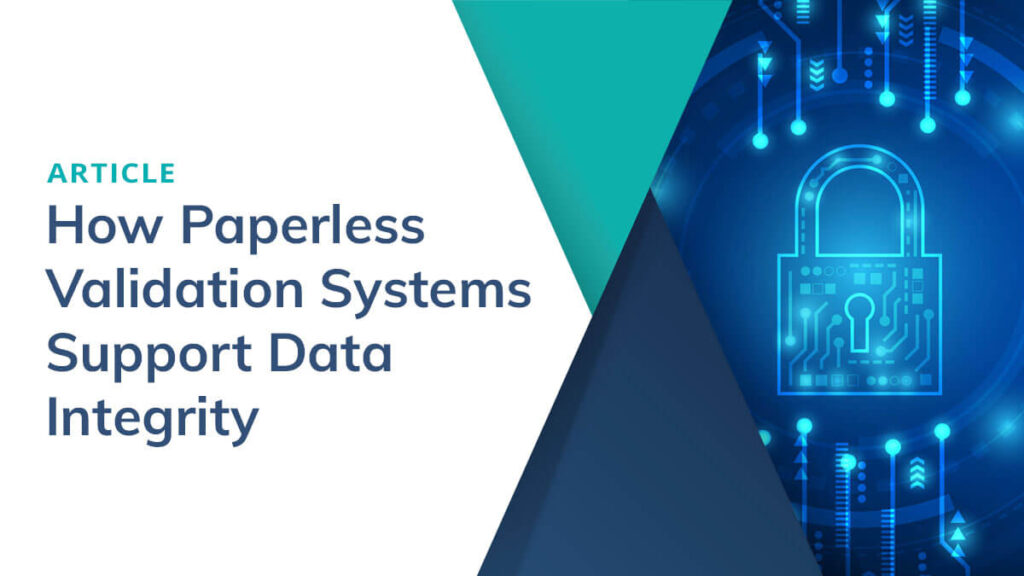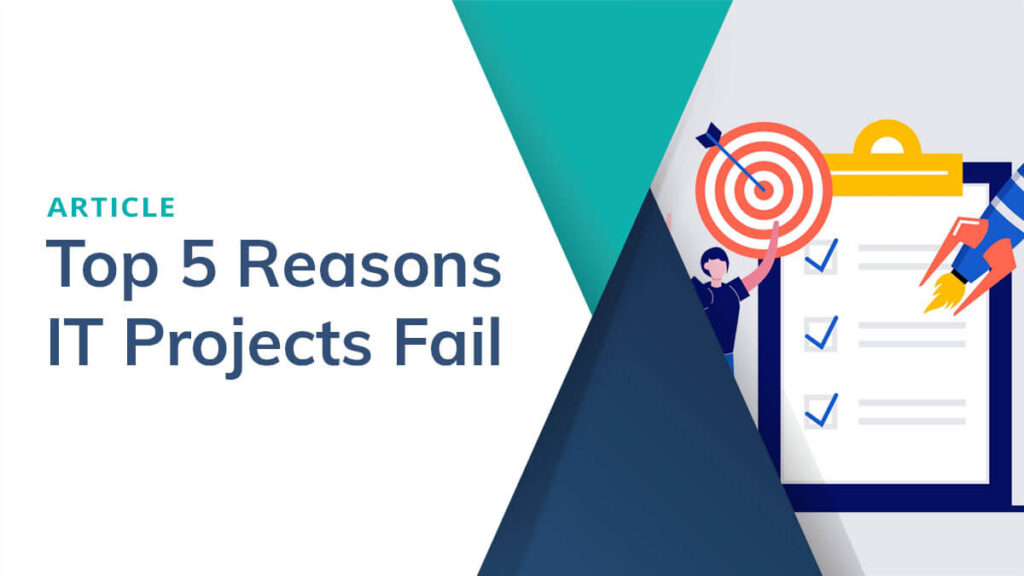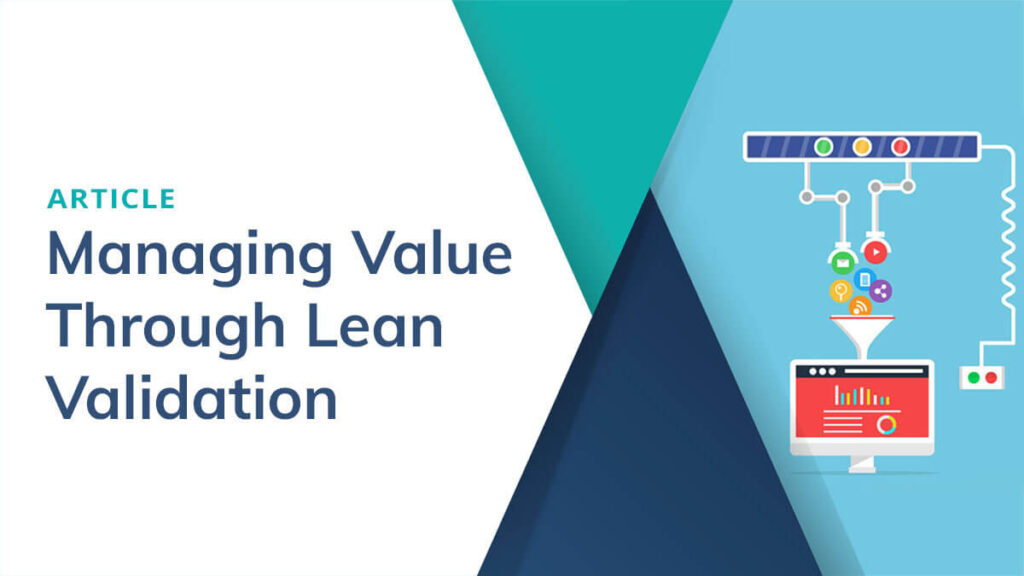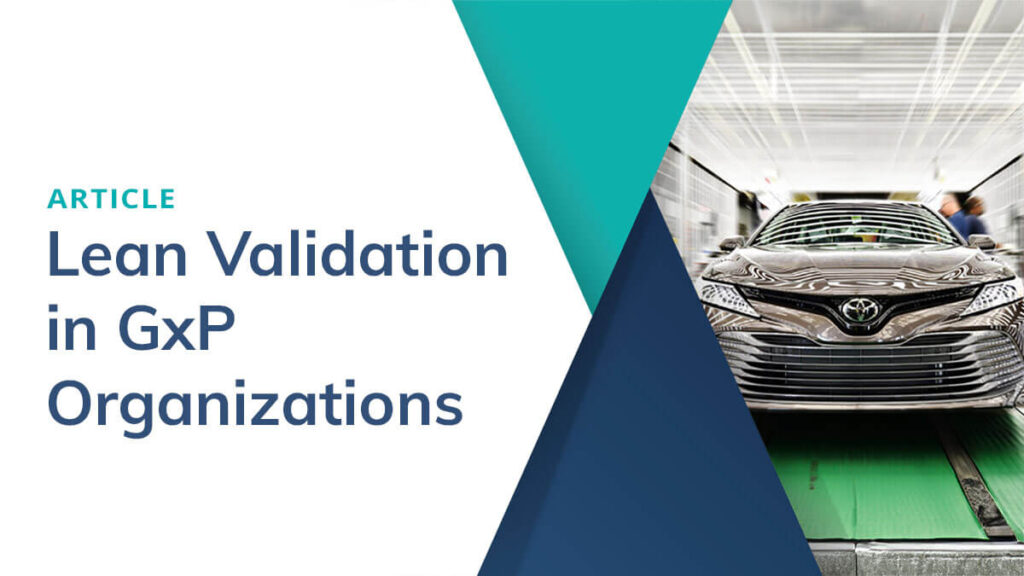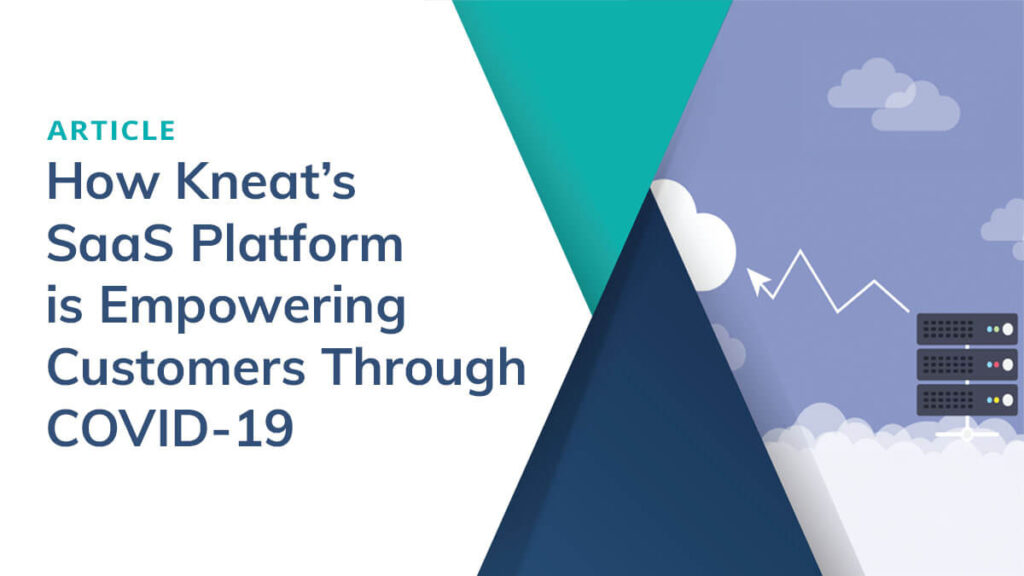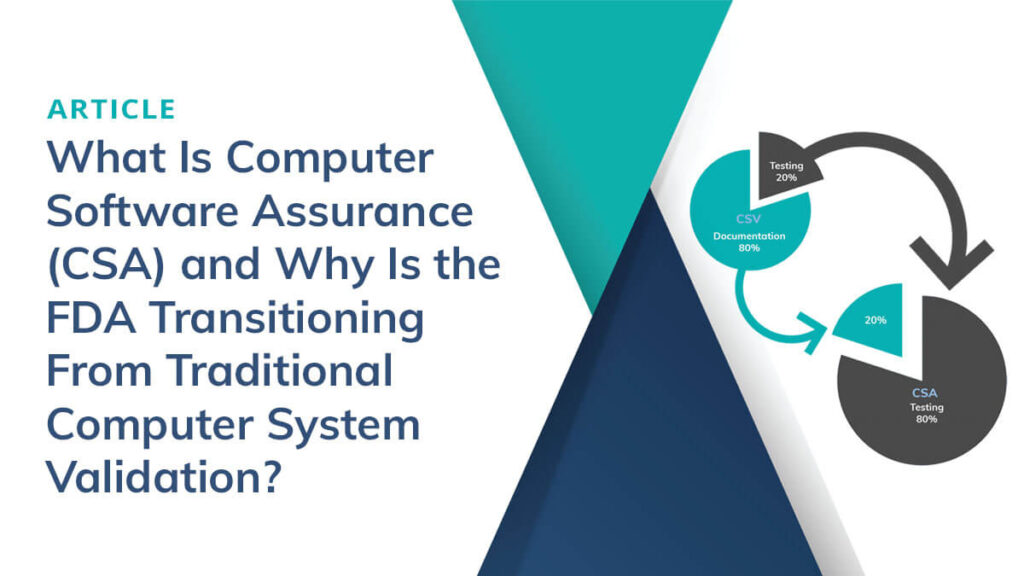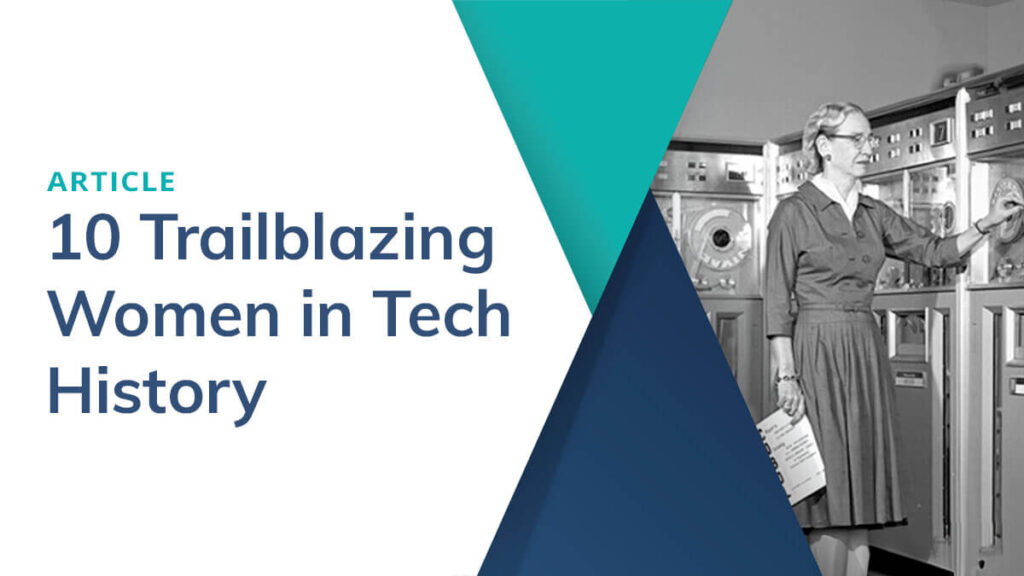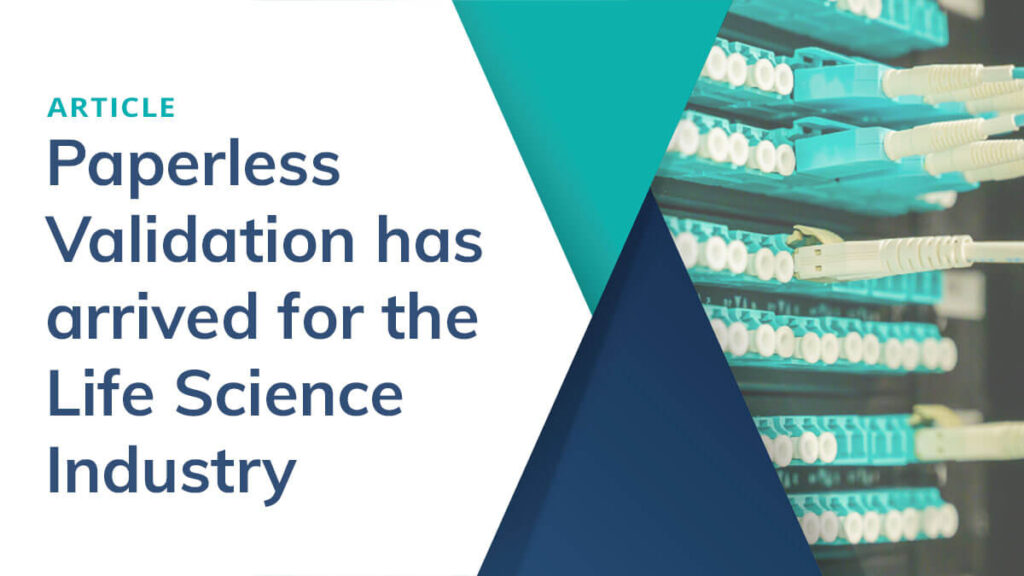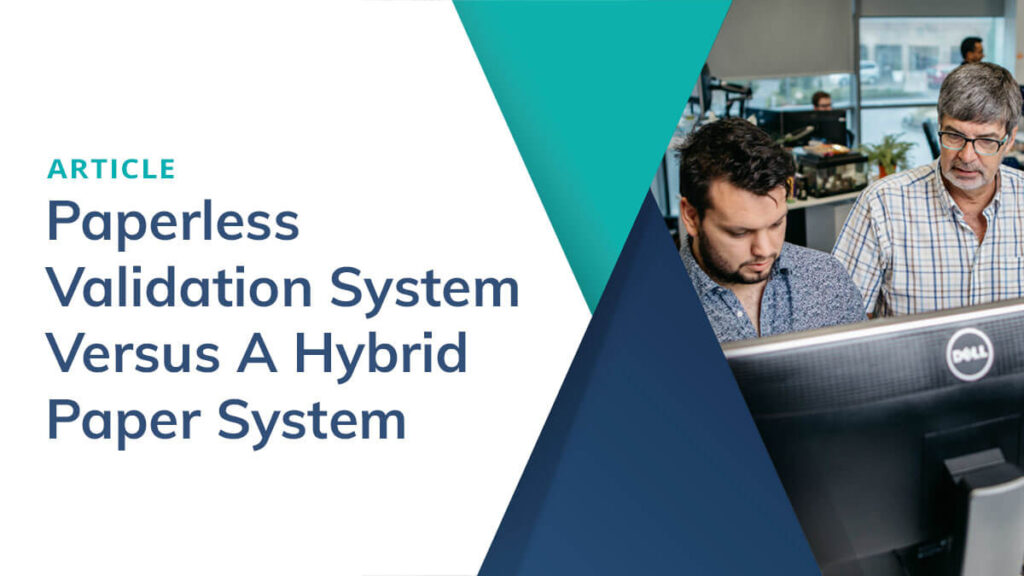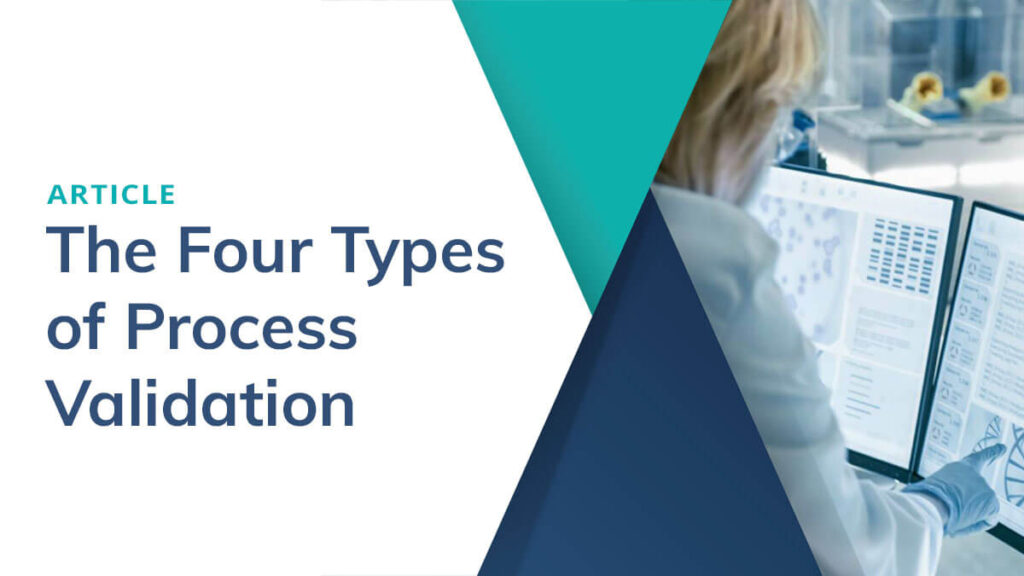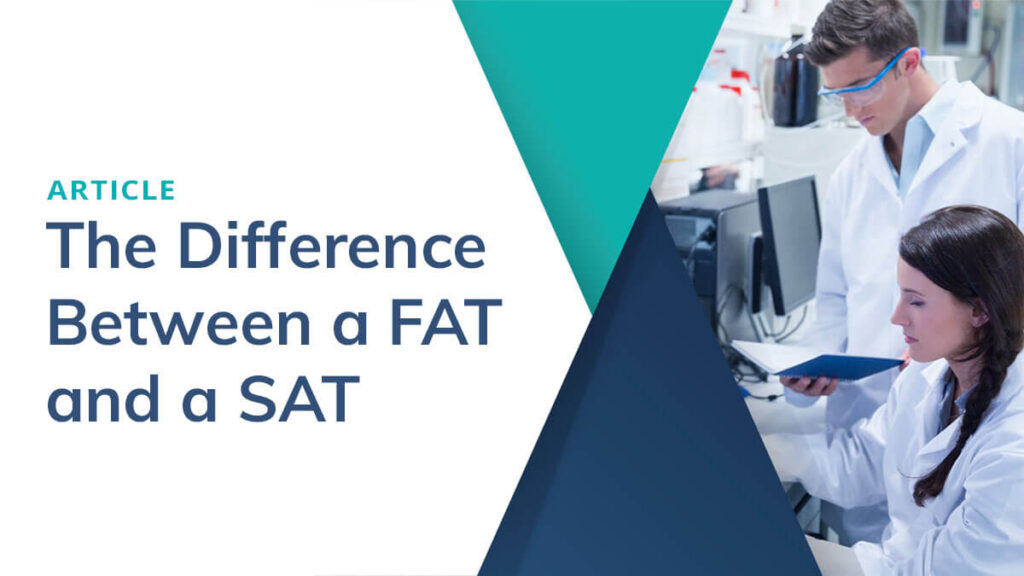Insight and opinion
Most Popular
All articles
- June 24, 2024
Learning new skills that your organization needs to thrive and succeed today also gives you the potential to progress within…
- June 24, 2024
Launching in 2022, the State of Validation is an annual report, powered by Kneat Solutions, comprising primary research conducted with…
- June 24, 2024
- July 23, 2024
After being enacted on August 20, 1997, the regulation which determines the validation and compliance of electronic systems continues to…
- June 24, 2024
We surveyed medium sized pharmaceutical and biotechnology companies in the United States and Europe to uncover their top ten validation…
- June 24, 2024
Each new year brings many new opportunities and challenges for validation and quality professionals across the life sciences sector. 2022…
- June 24, 2024
What is the environmental impact of validation? At any one time, a large global pharmaceutical company will archive and store…
- June 24, 2024
The life sciences industry generates a massive volume of complex data. As companies embrace automated systems and cloud storage solutions,…
- July 8, 2024
- June 24, 2024
And What Project Leaders Need to Know to Prevent it Statistics suggest that upwards of 75% of major IT projects…
- June 24, 2024
Part two of the two-part ‘Lean Validation’ series, “Managing Value Through Lean Validation” explores the management of value-added and non-value-added…
- June 24, 2024
Part one of the two-part ‘Lean Validation’ series, “Achieving Lean Validation in GxP Organizations” explores Lean, it’s origins and how…
- June 24, 2024
COVID-19 has become a stark reminder of the threat pandemics pose to the continuity of critical industries and the vital…
- July 15, 2024
- June 24, 2024
Technology is often cited as an industry with low equality in employment gender representation, a trend that trailblazing women have …
- July 8, 2024
By Eddie Ryan, Chief Executive Officer, Kneat Solutions | First published on learnaboutgmp.com Companies operating in the life science industry…
- July 8, 2024
- July 8, 2024
- July 12, 2024
- July 12, 2024
Contact
Talk to us
Find out how Kneat can make your validation easier, faster, and smarter.
Start your paperless validation revolution by speaking to our experts.
